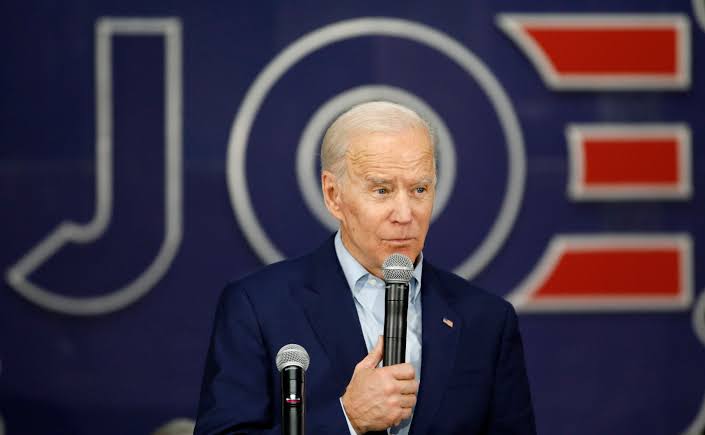
US President Joe Biden Remains Silent on Iran as His Team Works To Break Nuclear Impasse
President Joe Biden presented a sweeping vision of the global challenges facing the US, in a speech that touched on Russia’s attacks on US democracy, China’s corrosive human rights record and the Burmese military’s authoritarian putsch but had one notable omission: The President made no mention of Iran.
In a striking counterpoint to Biden’s public silence on Tehran, his administration has launched intense behind-the-scenes efforts, reflecting an urgency that administration officials say is needed to address the country’s nuclear program, missiles and regional activity, and to resolve the question of how and whether to rejoin the Iran nuclear deal.
The President’s new Iran envoy, Robert Malley, is building a team with varying viewpoints on Tehran and reaching out to lawmakers. Secretary of State Antony Blinken, one of several senior US officials conducting outreach on Iran, spoke to European allies Friday, while the National Security Council convened a high-level meeting to discuss Tehran’s escalating nuclear enrichment and next steps.
The flurry of quiet activity, alongside Biden’s restraint, underscores the sea change in tactics between this administration and the Trump White House on issues across the board, but particularly when it comes to sensitive diplomatic endeavors. Gone are the provocative tweets and threats, decisions made without allies and outside the deliberative interagency process, a contrast that White House spokeswoman Jen Psaki pointedly highlighted Friday.
“The meeting today is part of an ongoing policy review,” Psaki tweeted about the National Security Council’s Principals Committee discussions, and “proof that the interagency process is back to functioning after four long years of personality-driven decision-making.”

